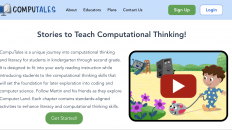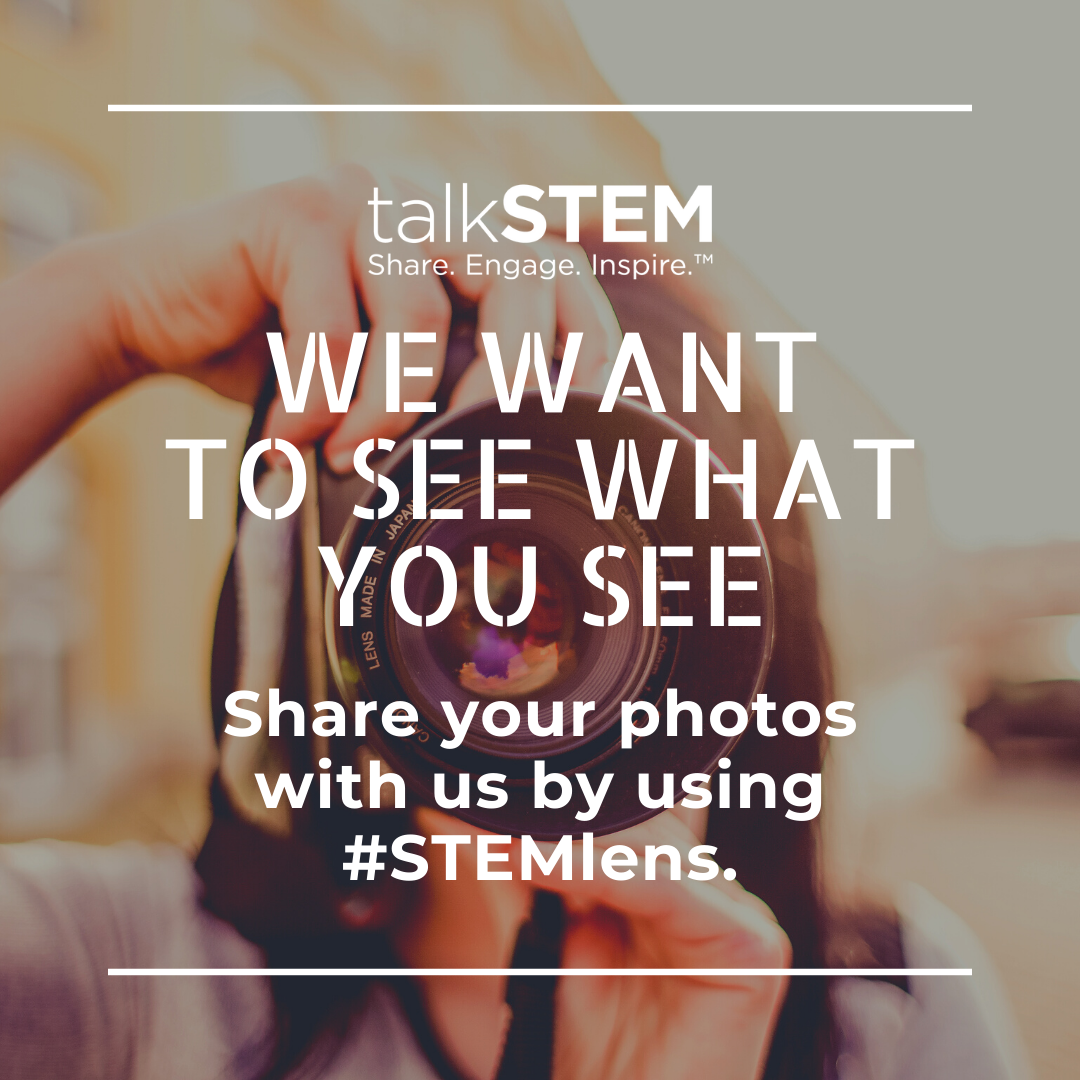About Paul and Roger:
Paul Fishwick joined UT Dallas in January 2013. He is a Distinguished Endowed Chair of the Arts and Technology (ATEC) school and Professor of Computer Science. He worked six years as a systems analyst working at Newport News Shipbuilding and at NASA Langley Research Center in Virginia. Fishwick is active in modeling and simulation, as well as in the bridge areas spanning art, science, and engineering. He pioneered the area of aesthetic computing, resulting in an MIT Press edited volume in 2006. He actively pursues new connections between ATEC and STEM areas, such as mathematics and engineering, especially computer science. His research area consists of modeling and simulation. He is the Director of the Creative Automata Laboratory, which has a goal of exploring new representational approaches to automata, as well as mathematical and computational models.
Roger F. Malina is a space scientist and astronomer, with a specialty in extreme and ultraviolet astronomy, space instrumentation and optics. He served as Director of the Observatoire Astronomique de Marseille Provence. He also worked as NASA Principal Investigator for the Extreme Ultraviolet Satellite project at the University of California, Berkeley. Malina also publishes and edits in the emerging research fields that connect the sciences and engineering to the arts, design and humanities. Since 1982, he served as Executive Editor of the Leonardo Publications at MIT Press.
Malina founded, and serves on the board of two non profits, ISAST in San Francisco and OLATS in Paris. Borth organizations advocate and document the work of artists involved in contemporary science and technology. He currently works as the Distinguished Professor of Art and Technology, and Professor of Physics, at the University of Texas at Dallas and Directeur de Recherche, for the CNRS in France. He serves as the Associate Director of ATEC.
In 2013, he founded the ArtSciLab in the ATEC Program at UT Dallas. This trans-disciplinary research lab hosts projects which involve in depth collaboration between artists and scientists. The aim of the lab is to carry out research, which results in art works, scientific data analysis tools, a technology testbed. In addition, the lab develops education activities involving the integration of the arts, design and humanities in science, technology, education and mathematics (STEAM).
In 2012-2013, Roger Malina chaired the US National Science Foundation funded study, Steps to an Ecology of Networked Knowledge and Innovation. This enabled new forms of collaboration among sciences, engineering, arts, and design which identified key mechanisms for enabling new forms of collaborations between the arts and sciences. He is a member of the Mediterranean Institute for Advanced Study (Institut Méditerranéen de Recherches Avancées, www.imera.fr), an institute he helped set up. IMERA aims at contributing to interdisciplinarity and places emphasis on the human dimensions of the sciences.








Add comment